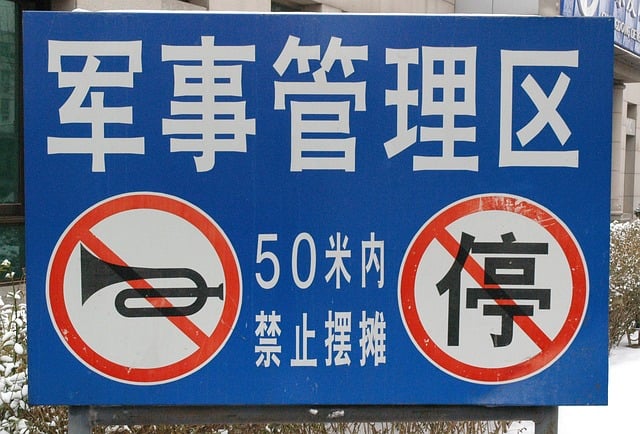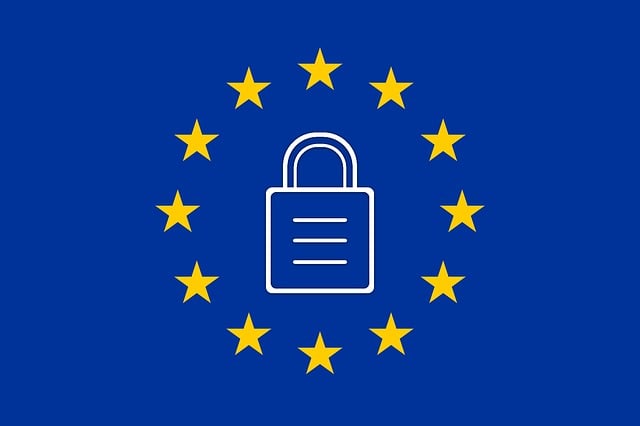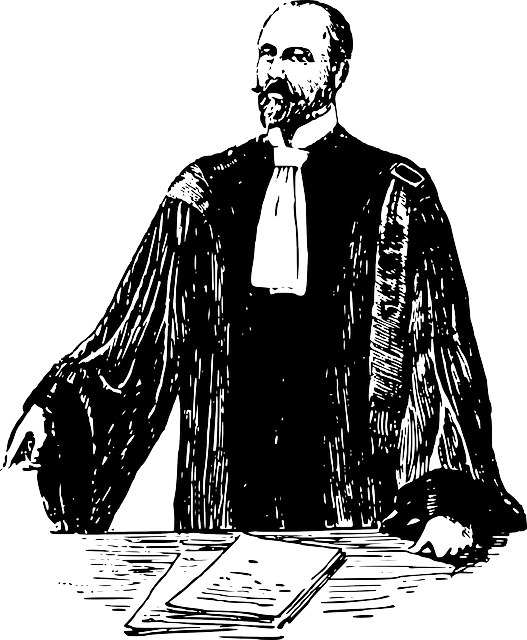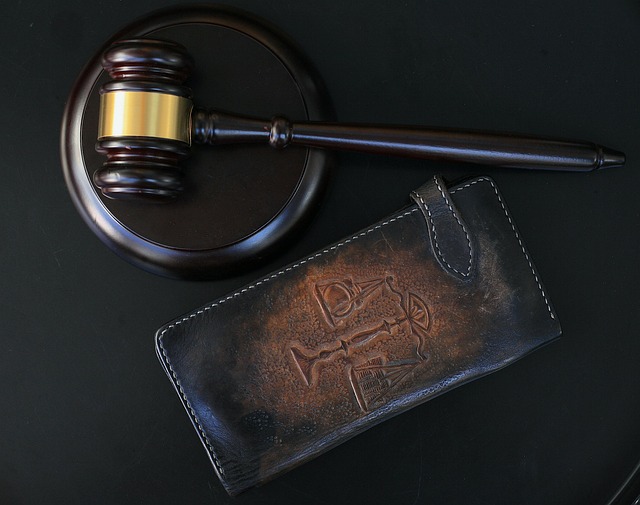Contempt of court, a serious legal matter, has civil and criminal forms. Legal professionals navigate these through negotiation, mediation, arbitration, or litigation. Effective contempt legal strategies rely on specialized knowledge, clear communication, structured evidence, and alignment with legal frameworks to protect client rights and ensure court integrity. Engaging legal experts is crucial for complex cases, enhancing the likelihood of favorable resolutions.
Contempt disputes, arising from willful failure to comply with court orders, can be complex and detrimental. This article provides an in-depth guide on navigating these challenges through effective legal strategies. We’ll explore different types of contempt, the role of legal experts in intricate cases, and the importance of communication in building a robust case strategy. By understanding these aspects, individuals and organizations can resolve contempt disputes efficiently, ensuring compliance with legal obligations. Discover expert insights into transforming contentious situations into resolved matters.
- Understanding Contempt of Court: Definition and Types
- Legal Strategies for Resolving Contempt Disputes
- The Role of Legal Experts in Navigating Complex Cases
- Effective Communication: Building a Strong Case Strategy
Understanding Contempt of Court: Definition and Types

Contempt of court is a legal concept that refers to the willful failure or refusal to comply with a court order or instruction. It’s a serious matter, as it undermines the authority and integrity of the judicial system. Understanding contempt disputes is crucial for anyone seeking effective contempt legal strategies. There are two primary types: civil and criminal. Civil contempt occurs when an individual fails to adhere to an order designed to preserve or enforce a right, such as not paying child support or refusing to disclose information in a lawsuit. Criminal contempt, on the other hand, involves wilful disobedience of a court order intended to protect the court’s dignity, like disrupting a trial or failing to appear when summoned.
Knowing the specifics of each type is essential for developing tailored contempt legal strategies. Legal professionals can then advocate for their client’s rights while ensuring respect for the court process. Effective strategies might include negotiations, mediation, or, in more severe cases, enforcement actions and potential penalties.
Legal Strategies for Resolving Contempt Disputes

In resolving contempt disputes, a robust legal strategy is pivotal. This often involves a combination of mediation, arbitration, and litigation. Mediation provides a cooperative platform for both parties to negotiate an agreement, with the aid of a neutral third-party mediator. This approach encourages open communication and can lead to mutually acceptable resolutions without court intervention.
Arbitration, on the other hand, offers a more structured process where a chosen arbitrator hears both sides’ arguments and makes a binding decision. It’s a faster alternative to litigation, which can be lengthy and costly. In legal proceedings, contempt charges are presented, evidence is scrutinized, and arguments are exchanged. The judge then renders a verdict, ensuring compliance with court orders and providing a clear path forward for resolution.
The Role of Legal Experts in Navigating Complex Cases

In many contempt disputes, especially those involving intricate legal nuances and complex factual scenarios, engaging legal experts is paramount. These professionals bring a wealth of knowledge and specialized skills to bear on even the most labyrinthine cases. They are adept at unraveling confusing situations, identifying applicable laws, and devising effective contempt legal strategies. With their guidance, parties can navigate these challenging waters with greater clarity and confidence.
Legal experts play a pivotal role in ensuring that all legal avenues are explored and exhausted. They meticulously analyze existing evidence, interpret court orders, and predict potential outcomes. Their expertise enables them to advise clients on the best courses of action, whether it’s negotiating settlements, preparing for trials, or presenting compelling arguments before judges. Ultimately, their involvement significantly increases the chances of achieving favorable resolutions in contempt disputes.
Effective Communication: Building a Strong Case Strategy

Effective communication is a cornerstone in resolving contempt disputes with legal expertise. It involves clearly articulating your position, understanding the opposing party’s arguments, and presenting evidence in a structured manner. Building a strong case strategy requires meticulous preparation, where every detail is scrutinized to ensure it aligns with the legal framework governing contempt matters.
Legal strategies for resolving contempt disputes encompass a range of tactics, from negotiating settlements to filing formal motions in court. Skilled legal professionals leverage their knowledge and experience to navigate these complexities, ensuring that their clients’ rights are protected while aiming for favorable outcomes.






